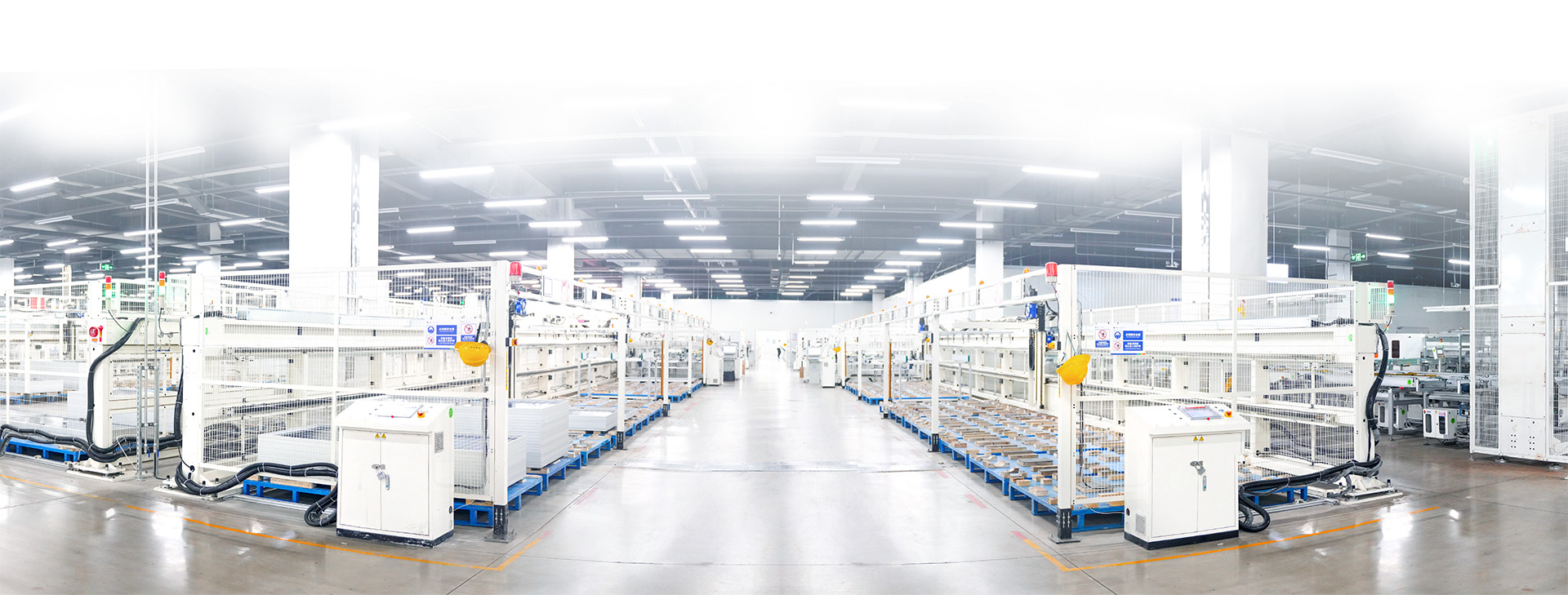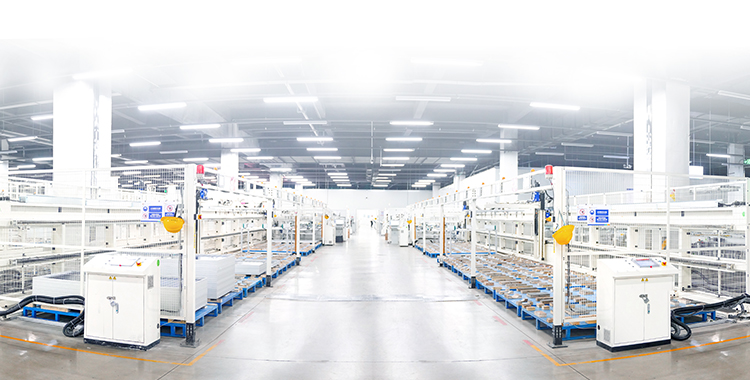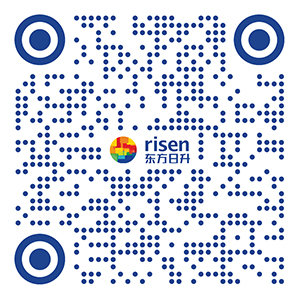-
Products
Products
As a leading global new energy enterprise, Risen Energy leads the global energy revolution with solar cells, solar modules, and photovoltaic power stations, etc., provides new energy green solutions and integrated services worldwide, and assists customers in achieving their "low-carbon" or "zero-carbon" goals through our products, thereby propelling society into the era of carbon neutrality!
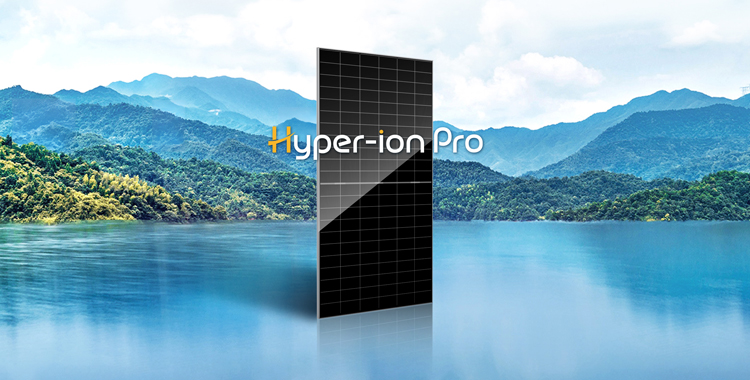
-
Solutions
Solutions
As a leading global new energy enterprise, Risen Energy leads the global energy revolution with solar cells, solar modules, and photovoltaic power stations, etc., provides new energy green solutions and integrated services worldwide, and assists customers in achieving their "low-carbon" or "zero-carbon" goals through our products, thereby propelling society into the era of carbon neutrality!
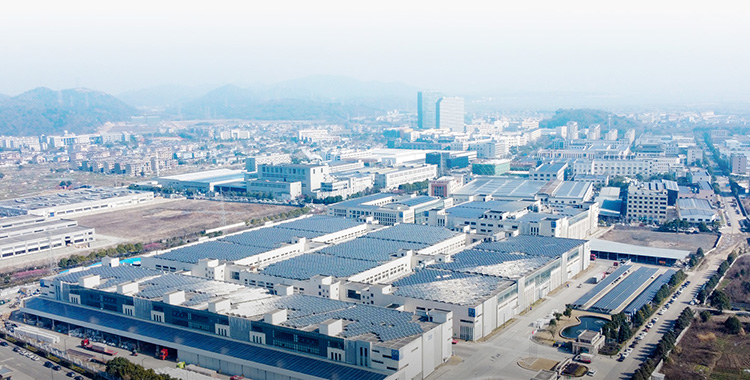
-
Cases
Cases
As a leading global new energy enterprise, Risen Energy leads the global energy revolution with solar cells, solar modules, and photovoltaic power stations, etc., provides new energy green solutions and integrated services worldwide, and assists customers in achieving their "low-carbon" or "zero-carbon" goals through our products, thereby propelling society into the era of carbon neutrality!
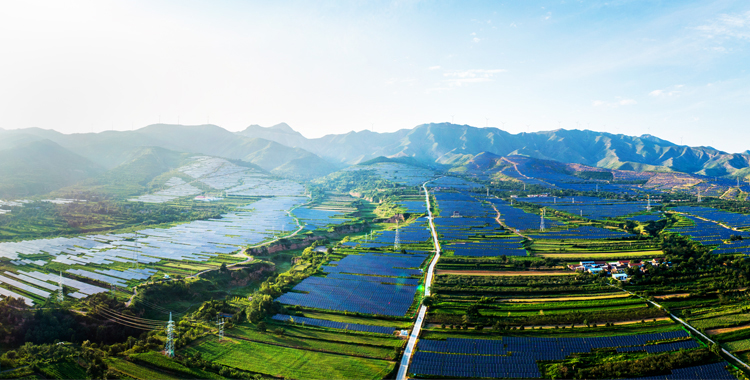
-
Service
Service
As a leading global new energy enterprise, Risen Energy leads the global energy revolution with solar cells, solar modules, and photovoltaic power stations, etc., provides new energy green solutions and integrated services worldwide, and assists customers in achieving their "low-carbon" or "zero-carbon" goals through our products, thereby propelling society into the era of carbon neutrality!
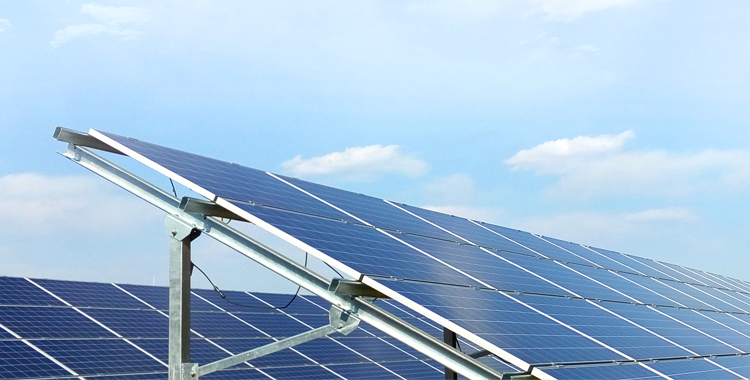
-
Partners
Partners
As a leading global new energy enterprise, Risen Energy leads the global energy revolution with solar cells, solar modules, and photovoltaic power stations, etc., provides new energy green solutions and integrated services worldwide, and assists customers in achieving their "low-carbon" or "zero-carbon" goals through our products, thereby propelling society into the era of carbon neutrality!

-
Risen Energy Group
Risen Energy Group
As a leading global new energy enterprise, Risen Energy leads the global energy revolution with solar cells, solar modules, and photovoltaic power stations, etc., provides new energy green solutions and integrated services worldwide, and assists customers in achieving their "low-carbon" or "zero-carbon" goals through our products, thereby propelling society into the era of carbon neutrality!
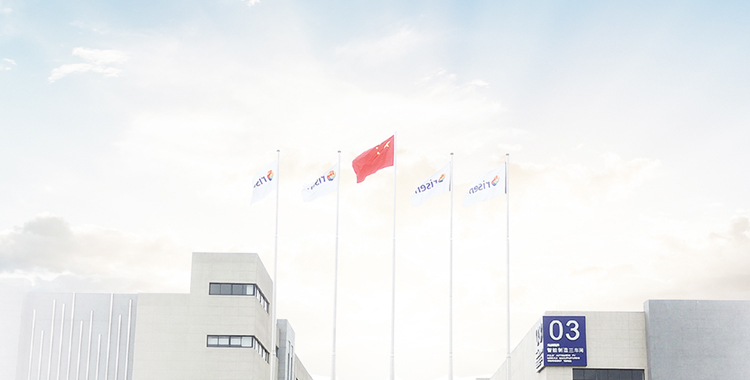
-
Business News
Business News
As a leading global new energy enterprise, Risen Energy leads the global energy revolution with solar cells, solar modules, and photovoltaic power stations, etc., provides new energy green solutions and integrated services worldwide, and assists customers in achieving their "low-carbon" or "zero-carbon" goals through our products, thereby propelling society into the era of carbon neutrality!

-
Contact Us
Contact Us
As a leading global new energy enterprise, Risen Energy leads the global energy revolution with solar cells, solar modules, and photovoltaic power stations, etc., provides new energy green solutions and integrated services worldwide, and assists customers in achieving their "low-carbon" or "zero-carbon" goals through our products, thereby propelling society into the era of carbon neutrality!


